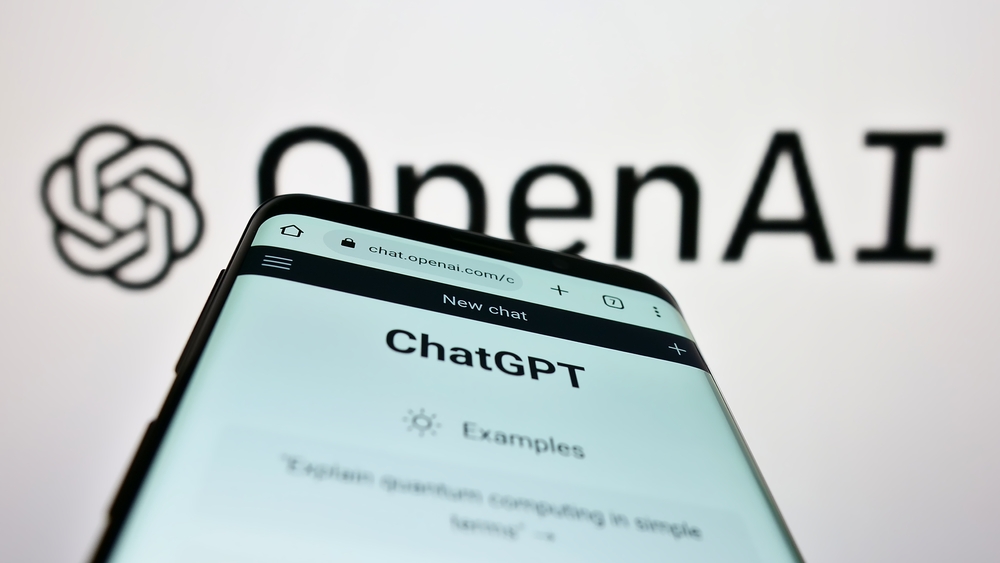Peter Lee, a computer expert, said that GPT-4 aided in the restoration of ‘family harmony’ in healthcare conversations.
At the annual Healthy Longevity Global Innovator Summit, the generative artificial intelligence’s (AI’s) role in healthcare was at the forefront. Different professionals explained its potential to aid people in living improved and longer lives.
Peter Lee, the Corporate Vice President of Research and Incubation at Microsoft, delivered the conference keynote and possessed a personal association with the topic of artificial intelligence and medicine.
Family Deploys ChatGPT Guidance to Manage Elderly Relative’s Health Remotely
According to Lee, ChatGPT aided his family in managing his elderly father’s health from afar, claiming that this technology plays a critical role in explaining intricate medical problems. He recalls that together with his sisters, they attempted to juggle the data given by physicians and caregivers with little time to talk with them. The stress caused by this situation impacted the siblings’ relationship.
Lee stated that some of it was the fuel, and the fire resulted in the absence of an understanding of the laboratory reports and tests. He added that offering his parents’ medical data and probing ChatGPT, the three most critical questions one must ask when talking to the physician, was empowering.
Lee said that GPT’s capability to provide guidance reduced the temperature and promoted family harmony.
Concerning longevity and artificial intelligence, Lee expressed confidence that GPT can be utilized in several areas to develop new medicine, scientific discovery, diagnoses, and therapies. He added that he has always gravitated towards people’s empowerment and those who provide care during aging.
Despite the AI concept dating back almost 100 years, generative artificial intelligence has quickly developed within a short time. ChatGPT by OpenAI was introduced to the public in November 2022 and presently forms the AI chat development standard. Generative AI concerns the AI tools capable of responding to user prompts and using these prompts to generate images, text, and videos.
Despite artificial intelligence tools such as ChatGPT being conversationally called chatbots, Lee stressed how GPT-4 is more advanced than GPT-3 and GPT-5, its predecessors. Nevertheless, despite GPT-4’s remarkable abilities, Lee acknowledged its constraints and insisted that despite human-like qualities being associated with it, it is still a machine lacking consciousness.
He claimed that GPT-4 is neither a human nor a computer. Instead, it is a new tool that people are attempting to establish how to utilize.
AI Triumphs in Discovering Medical Studies Faults
Lee also said that artificial intelligence has demonstrated to shine at establishing medical studies’ faults. However, it discloses the same shortcomings when requested to generate reports.
Lee acknowledged GPT-4’s consistent ability to outclass human reviewers in identifying preconceptions and detrimental, non-inclusive language in the provided documents in ways human beings cannot do. However, the model might still reveal the same biases if requested to write a similar paper.
Lee commended the conference’s planner for actively guiding the creation and utilization of artificial intelligence in healthcare. Specifically, he stated that he was happy that the National Academy of Medicine is attempting to understand how the technology can benefit them.
Over the last year, giant firms have invested significantly in AI. Examples include Meta, Google, Amazon, and Microsoft. Microsoft has developed a profound relationship with OpenAI by investing $10B in the firm and including the ChatGPT in its Bing search engine and Office tools collection. This includes Copilot, a new digital assistant meant to substitute Cortana, its earlier digital assistant. Further, the investment by Microsoft has resulted in Dall-E 3, the AI developer’s image creator, being brought to Microsoft Bing.
Troubled Microsoft-OpenAI Partnership
Microsoft’s and OpenAI’s partnership has experienced some hullabaloo. In July, OpenAI deactivated access to the ‘Browse with Bing’ capability for ChatGPT Plus, its subscription-founded service. This followed the discovery that users were utilizing it to bypass privacy settings and website paywalls. Last month, OpenAI restored Browser with Bing, and the service was not restricted to data before September 2021.
Amid generative artificial intelligence becoming more entrenched in everyday life, the tools have been put to less obscure initiatives such as processing bulky documents that would take human beings hours to process. Additionally, they have allowed users to ask questions. In July, Twinn Health, a UK startup, introduced an artificial intelligence platform capable of evaluating MRI images and detecting ailments during the early stages.
Editorial credit: T. Schneider / Shutterstock.com
